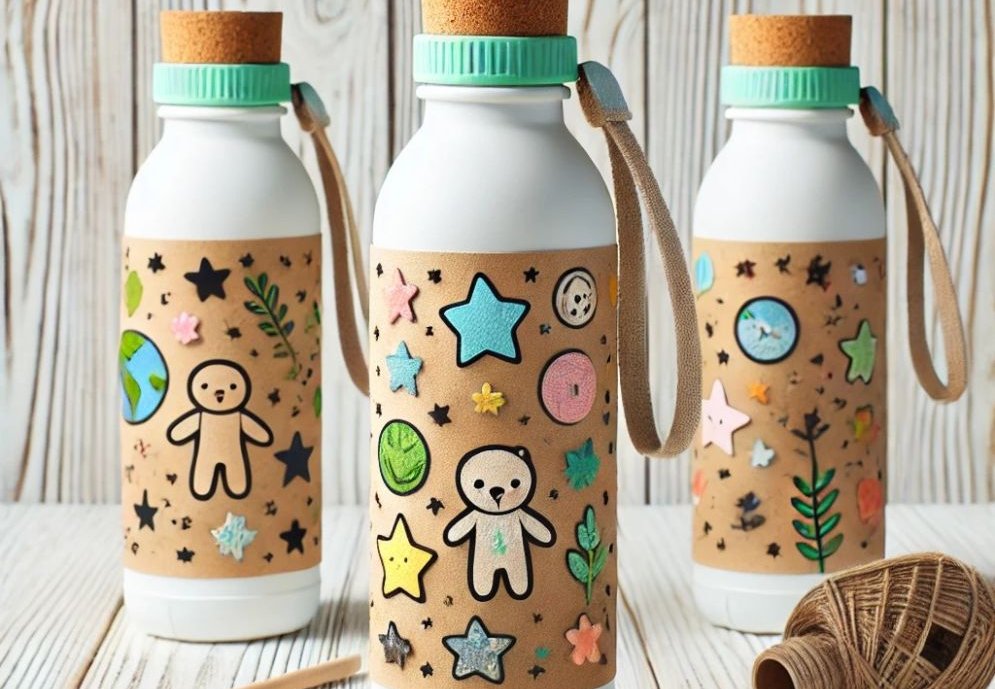

One is enough
A tap water taste test, and plan to use and promote reusable bottles.
Lernergebnisse
Students / and or pupils in class:
• Understand the environmental and economic benefits of drinking tap water.
• Learn the negative impact of plastic water bottles on the environment.
• Develop a habit of using reusable water bottles and refilling with tap water.
• Foster teamwork and creativity through collaborative activities.
Zeitaufwand
2 lesson units
Werkzeuge, Materialien oder Ausstattung
• Reusable water bottles (one per student)
• Tap water testing kits (optional, for a chemistry or science class activity)
• Art supplies (markers, paints, stickers for bottle decoration)
• School certificates or personal eco-friendly rewards for winners
Beschreibung der Aktivität
1. Divide the children into groups.
2. Conduct a tap water taste test:
A blind taste test where students compare tap water with bottled water. Use clean, identical cups for each sample and label them A and B. After tasting, students vote on which water they prefer. Reveal the results and discuss how tap water is often just as good, if not better, than bottled water.
3. Reusable bottle pledge:
Equip each student with a reusable water bottle. Encourage them to decorate their bottles with art supplies to personalise them. Students then sign a pledge to use their reusable bottles and drink tap water instead of buying bottled water.
4. Find out where the tap water in your school comes from:
Create posters promoting the school´s tap water and it´s source and place them next to every sink in the school.
5. Perform a tap water quality test:
If available use tap water testing kits to test the quality of the school's tap water. Students can learn about the minerals and purity of tap water compared to bottled water. Discuss the results and emphasise the safety of tap water.
Tipps, wie das Thema in den Lehrplan integriert werden kann
Sciences - Chemistry, Biology
Geography
